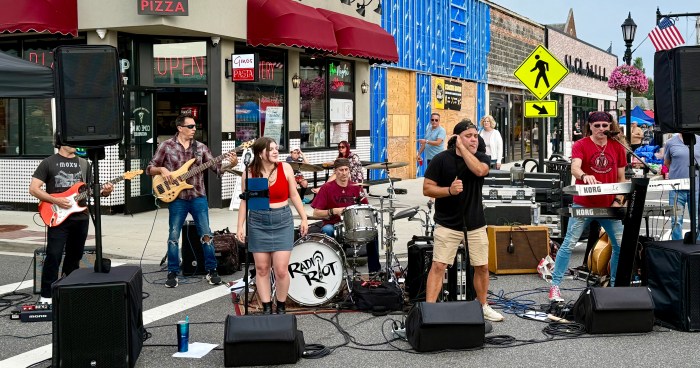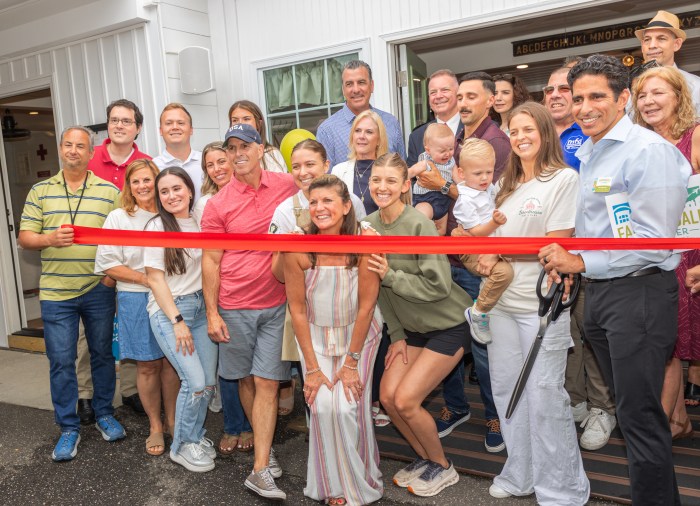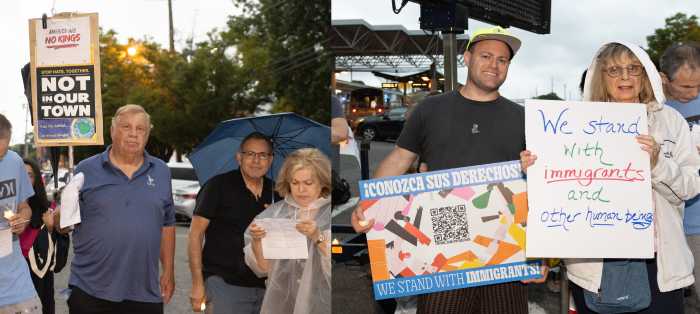When SUNY Farmingdale State College was founded as an agricultural institute, in 1912, sustainable gardening was common theme. Today, sustainabilty is enjoying new popularity as the methods are recognized for the important role they play in preserving the environment.
This is why we, at Farmingdale College say, “Green Then. Green Now.” Horticulture was one of the first programs the college ever offered and has remained an integral part of our academic offerings, responding to new trends and development within the industry.
Recognizing that Long Island’s agricultural landscape has been replaced by suburban sprawl, the horticulture department has been working towards developing new methods of sustainability, addressing the scarcity of locally grown food, while meeting the challenges of beautifying a complex environment and improving the lives of the region’s residents.
The Sustainable Garden now serves as the cornerstone of an expanded curriculum that addresses contemporary issues central to the burgeoning sustainable landscape development movement, including resource conservation, recycling principles, proper plant selection, and product development.
In keeping with this expanded curriculum, the deparment changed its monicure to the Department of Urban Horticulture and Design, to reflect a more modern mission and new career paths.
Farmingdale’s Sustainable Garden was reclaimed from an unused area of the campus’ renowned four-acre Teaching Gardens. It offers an opportunity to foster greater awareness and understanding of a truly “green” movement among its students, who will serve as future industry leaders. This new outdoor classroom will also help the department’s long tradition of utilizing practical, hands-on experience to complement and enhance traditional academics. It will serve to benefit both students and the community-at-large by preparing students to enter the contemporary work force where knowledge and skills of sustainable practices are increasingly desired and workers receive well-compensated income.
“The Sustainable Garden will ensure that students have access to progressive ideas and strategies that will influence Long Island’s large horticulture and landscape design sector while maintaining industry practices that respect the environment of Long Island,” said
Michael Veracka, project creator and chairman of the Department of Urban Horticulture and Design. “It can also influence how the average citizen uses dwindling resources in a finite world, as well as promote sound environmental stewardship within the region.”
Sustainable practices introduced within the college’s Teaching Gardens will serve as a model for how to conceive, implement and maintain a green landscape on-site, with or without buildings. It will also serve as a model for existing green industry practitioners and the general public.
For more information on sustainable gardening, go to www.farmingdale.edu/horticulture.
Kathryn S. Coley
Director of Communications, Farmingdale State College

































